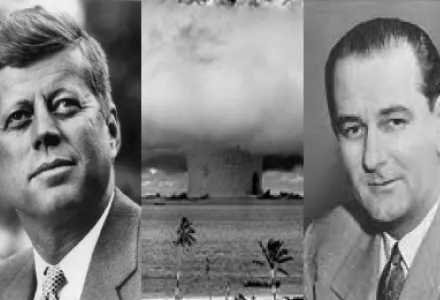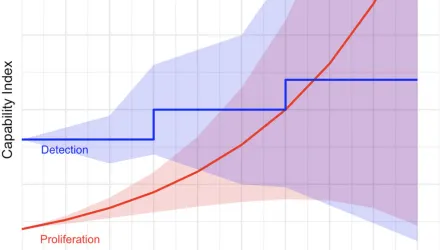Nuclear Beliefs: A Leader-focused Theory of Counter-Proliferation
Under what conditions do states use preventive military force to forestall or destroy an adversary’s nuclear weapons program? In this Project on Managing the Atom Seminar, Rachel Whitlark will challenge existing explanations for this behavior, offer a new theory of counter-proliferation decision-making, and test its predictions in key historical cases.




